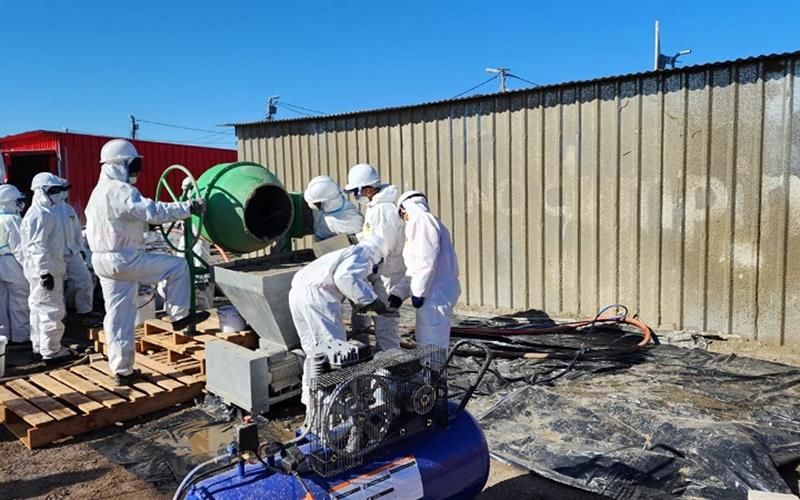South Africa’s Minister of Higher Education, Science, and Innovation, Blade Nzimande, recently announced the inauguration of an innovative higher education program aimed at endowing students with valuable skills and knowledge. The Higher Health Civic Education and Health Skills Programme is a groundbreaking co-curriculum that has attained nationwide recognition, making it the first of its kind in South Africa and Africa as a whole.
Collaborative accreditation of Higher Health Civic Education and Health Skills Programme
The program’s launch is a significant achievement for the Department of Higher Education and Training, Higher Health, and the government. The co-curriculum was developed and accredited through the joint effort of the Quality Council for Trades and Occupations (QCTO) and the Health and Welfare Sector Education and Training Authority.
Accessible Curriculum for All
The curriculum is accessible to all students and staff across the Post School Education and Training (PSET) sector, regardless of their level. Certification upon completion confirms participants’ competencies in contributing to their communities and the nation-building process.
Comprehensive Holistic Development
The Higher Health Civic Education and Health Skills Programme is a world-first initiative that emphasizes the holistic development of students in the PSET sector. The co-curriculum comprises various modules addressing critical youth challenges such as civic education, gender-based violence, mental health, disability, comprehensive sexuality education, as well as alcohol and substance abuse.
Unique Participatory Pedagogy
The interactive participatory pedagogy, “Each One! Teach Ten!,” is a unique aspect of the co-curriculum. It will be offered in all twelve official languages of South Africa, including sign language, and cover the top ten soft skills sought by employers.
Contribution to Voter Education and Tackling Gender-Based Violence
The Higher Health Civic Education and Health Skills Programme is positioned to address the declining youth registration and voting in national elections, fostering an inclusive society with robust democratic institutions. It also aims to tackle gender-based violence, promoting positive relationships, families, communities, and the nation.
Mental Health and Accessibility
Mental health is also a primary concern, with one in five young South Africans in higher education experiencing moderate to severe mental health issues. Depression, anxiety, and suicide are widespread among students, necessitating supportive resources and education on these topics. To ensure comprehensive accessibility, Higher Health has transformed the co-curriculum into an online platform using artificial intelligence and digital technology.
Pioneering Initiative for a Better Future
The Higher Health Civic Education and Health Skills Programme is a pioneering initiative set to contribute significantly to South Africa’s future by fostering good citizenship and equipping the next generation with the skills and knowledge required for meaningful contributions to the nation’s growth and development.








